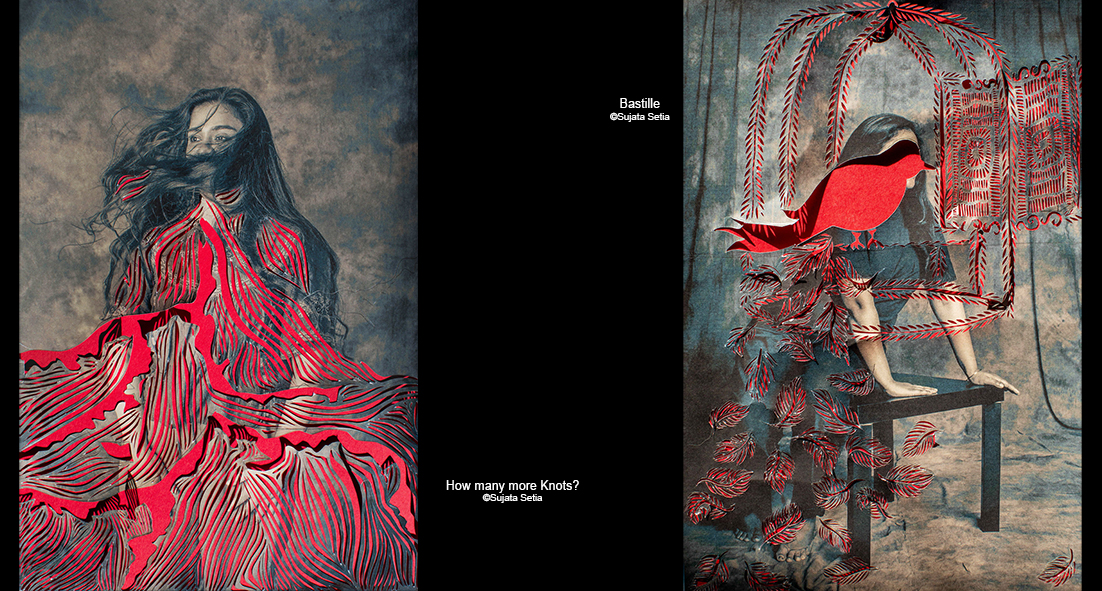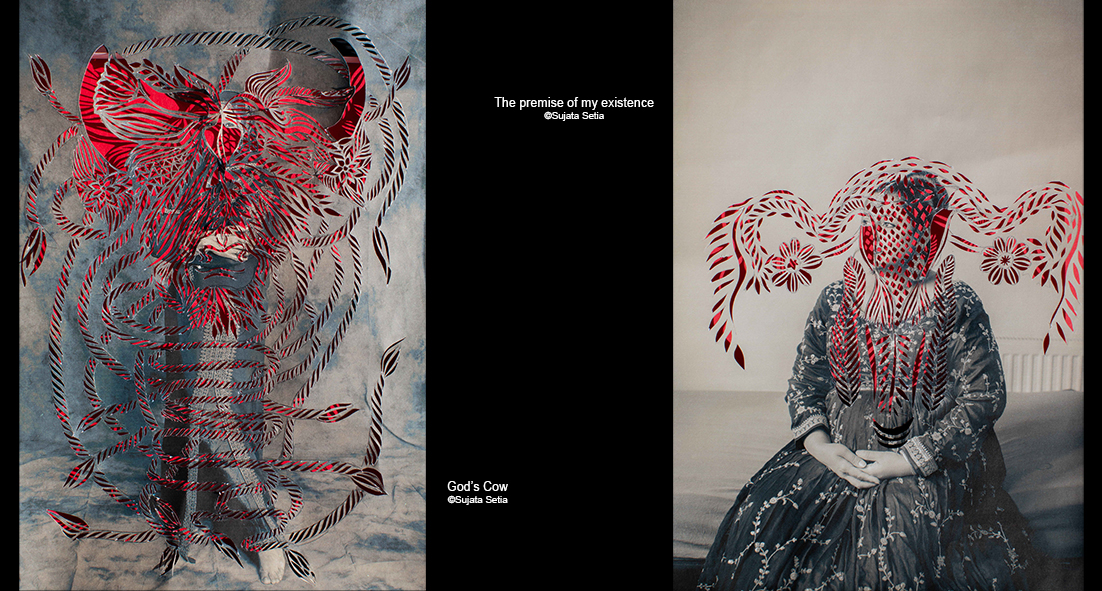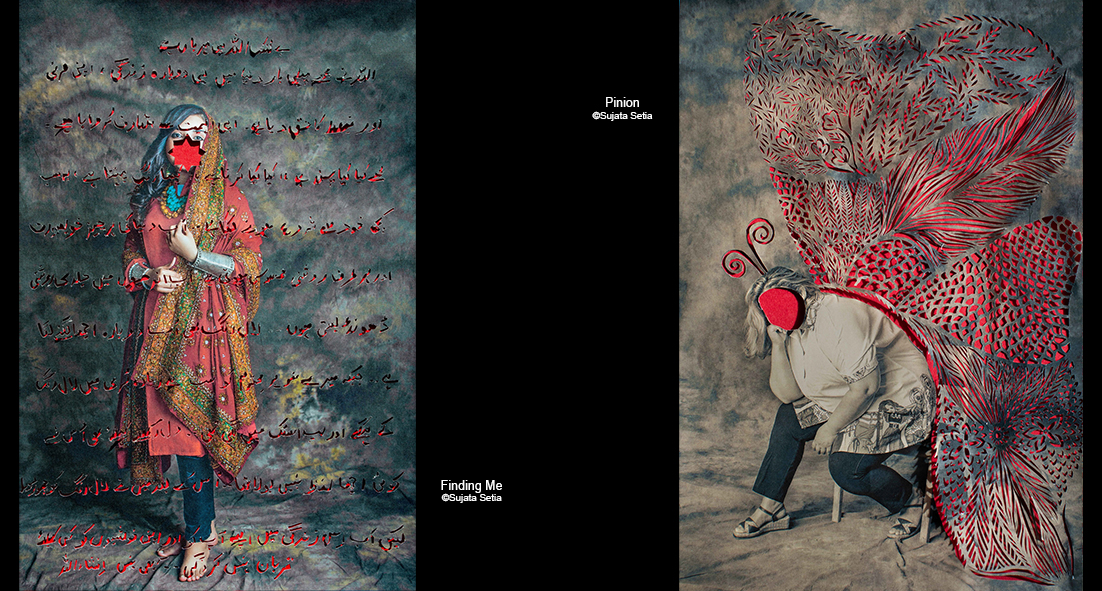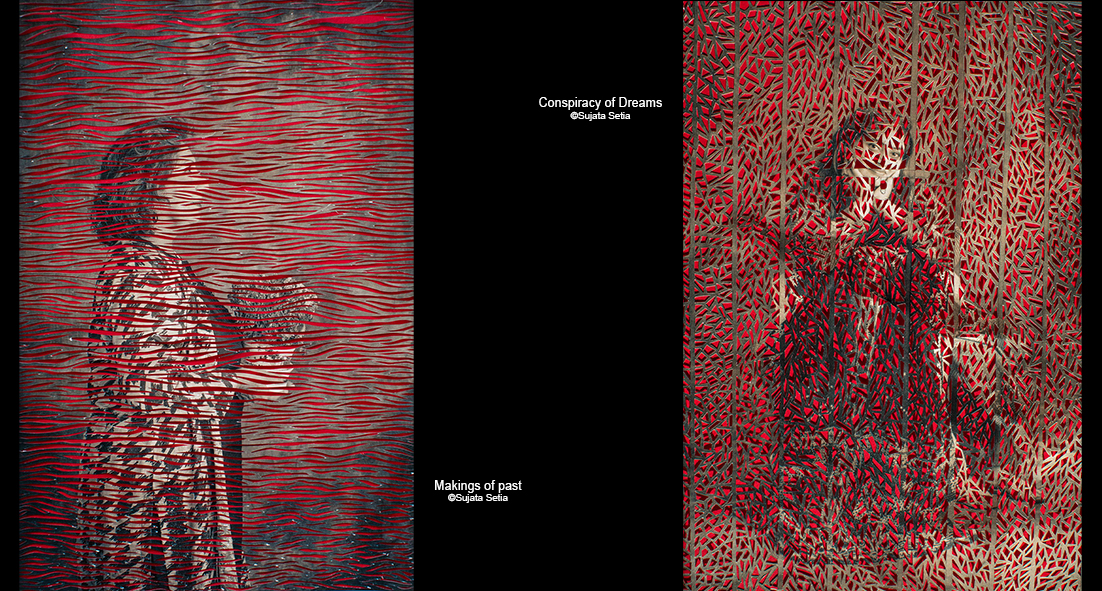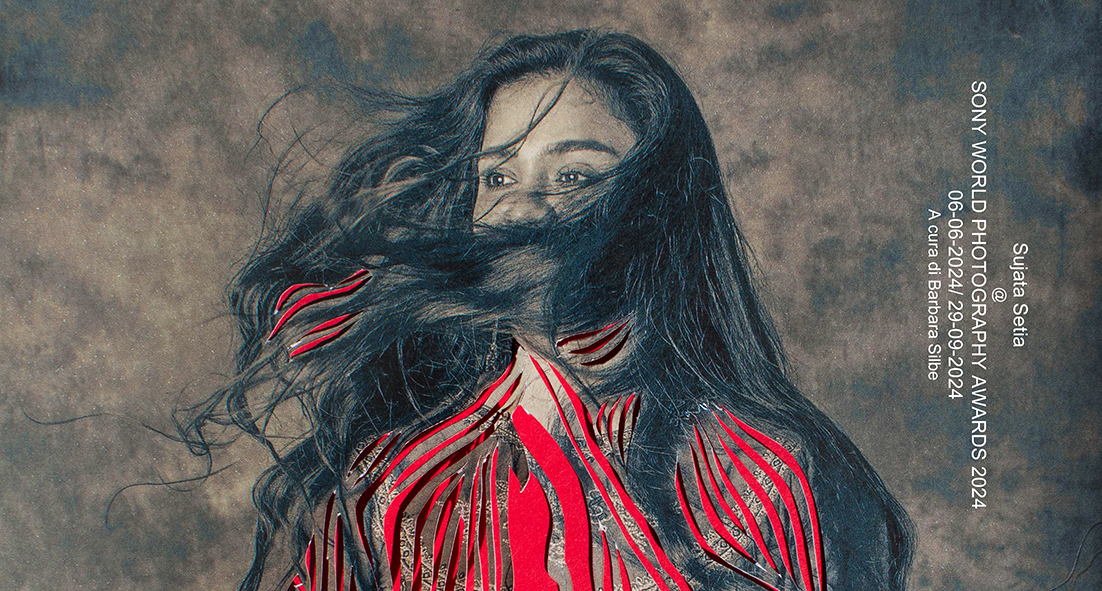Sujata Setia @ SONY WORLD PHOTOGRAPHY AWARDS 2024
06-06-2024/ 29-09-2024
A cura di Barbara Silbe
Anche quest’anno il Museo Diocesano Carlo Maria Martini presenta la mostra dedicata ai Sony World Photography Awards, arrivati alla loro diciassettesima edizione e divenuti un appuntamento fondamentale annuale per gli appassionati della fotografia, poiché rendono omaggio alle eccellenze fotografiche internazionali, evidenziando le opere e i racconti che hanno maggiormente colpito nell’ultimo anno.
Tra le fotografie presentate a Milano, spicca l’opera Spiralkampagnen: Forced Contraception and Unintended Sterilisation of Greenlandic Women di Juliette Pavy, fotografa francese premiata con il prestigioso titolo di Photographer of the Year. Il suo lavoro documentario si sofferma sulle profonde e perduranti ripercussioni della campagna di contraccezione e sterilizzazione forzata nei confronti delle donne groenlandesi, imposta dalle autorità danesi durante gli anni ’60 e ’70.
Anche quest’anno la sensibilità nei confronti delle tematiche ambientali è stata sottolineata dal conferimento del Sustainability Prize, vinto da Kathleen Orlinsky (Stati Uniti) con la serie America’s First Wilderness. Anche il progetto fotografico di Orlinsky, che mette in risalto il paesaggio, la fauna e la popolazione dell’area nota come Gila Wilderness, nel sud-est del New Mexico, sarà esposto all’interno della mostra milanese.
- Ingresso diurno (Museo e mostra) fino al 14 luglio e dal 3 settembre 2024
Martedì – Domenica, ore 10.00-18.00 (da piazza Sant’Eustorgio, 3)
La biglietteria chiude alle ore 17.30
Intero: 9€ / Ridotto: 7€
- Lunedì – Domenica, ore 17.30-22.30 (da Corso di Porta Ticinese, 95)
Ultimo ingresso in mostra alle ore 22.00
In orario serale è attiva unicamente la formula 12 € aperitivo a InChiostro Bistrot: + ingresso mostra
In orario serale non è possibile preacquistare o prenotare l’ingresso alla mostra
Non sono attive riduzioni e gratuità. Non è possibile accedere con Abbonamento Card Musei Lombardia.
Sujata Setia Biography
Derived from the ancient Asian form of torture -“Death by a thousand cuts” or “Lingchi”, “A thousand Cuts” is a series of portraits and stories that present a photographic study of patterns of domestic abuse in the South Asian community. I have borrowed the metaphorical meaning of Lingchi to showcase the cyclical nature of domestic abuse. The continuous act of chipping at the soul of the abused, is expressed by making cuts on the portrait of the participant. The paper used to print the portrait is a thin A4 sheet, depicting the fragility of her existence. I have kept the project at a domestic scale, using resources available within the home as a metaphorical reflection of violence occurring within the human space. The final artwork is photographed in a very closed, tight crop so as to express a sense of suffocation and absence of room for movement. The red colour underneath the portraits signifies not just martyrdom and strength but also the onset of a new beginning.
“A thousand Cuts” is an effort to understand abuse from many different frames of references.
My intent was to create a metaphorical “waiting room,” where strangers meet and talk to each other without any fear of judgement or hierarchies. An imaginary space where conversations around abusive lived experiences continue to happen. Where it is easy to come out. A room where you are heard, seen, understood and where you feel safe to leave your story behind. We started by creating that room as a real space. A space in a church in Hounslow, UK. Many of us met there, several times over. We held hands and spoke at length. No one interjected the other. No one left the room midway. These initial dialogues led to the creation of a vector of faith between myself and the participants in this project. We then moved on to private one-on-one conversations and me photographing each survivor individually with their consent and their complete control on the way they want to be “seen.” Once I printed the images, the survivor then selected the image she wanted me to start making the cuts on and made suggestions on the metaphorical representation of their narratives through those cuts. From there on, it has been over a year and the conversations continue. Sometimes I listen. Sometimes I get heard… but we promise to “see” each other.
Through these conversations, we have collectively tried to study the journey of abuse from the private, intimate space where violence occurs; to its place in the public domain, whether it be in terms of how the private reality is subverted; decorated in public or that initial disclosure process when the survivor breaks their silence and speaks out to family, friends, neighbours, colleagues or even absolute strangers. This photographic study drawson interviews with 21 South Asian women (it is an ongoing project) and analyses the interactional and emotional processes of the first public disclosure of their private reality.
The long term intention is to bring narratives of abuse into the public discourse, arts and human spaces. In that sense, “A thousand Cuts” is an invitation for an open dialogue that allows both the survivor and the society at large, to explore concepts such as trauma, suffering, genetic and cultural predispositions, gender and identity politics without sacrificing their own vulnerability or risking confrontation. In my discussion with one of the participants, who is of Indian origin, we had a very disturbing however, real conversation about how her perpetrators existed within “home”. “Home” being a metaphorical term here describing not a physical space but energies… many energies and realms of individual and systemic consciousnesses, placed in relative positions to each other. We spoke of how generations of human and societal conditioning formulated her understanding of simple feelings such as love, care and belonging. How she equated all of these feelings to some or the other form of coercive control and how that understanding itself helped perpetuate and in a sense normalise the verbal and psychological abuse that was meted out to her by her elders and society at large. It is a very complex reality. Of being a woman. Also, of being a south asian woman. I started to find in me this urgent need to engage with this complex, yet very subtle reality. So I reached out to Sayeeda Ashraf at the charity – Shewise UK. Sayeeda and I had been work colleagues in the past and I knew about the immensely important work she was doing in the field of helping survivors of Domestic Violence in becoming financially independent. I discussed with her about my intent. Sayeeda along with Salma Ullah and Saima Khan from Shewise, have been extremely instrumental in helping me reach out to the survivors and initiate a dialogue that is ongoing ofcourse but is most importantly sheltered with appropriate safeguards. The survivors who have very generously agreed to participate in this project, are each experiencing differing stages of trauma so it was important for me to ensure that our engagement doesn’t leave their wounds bleeding.

